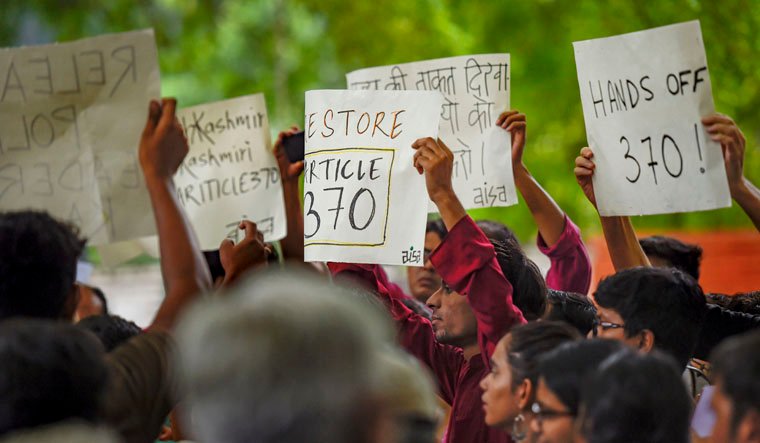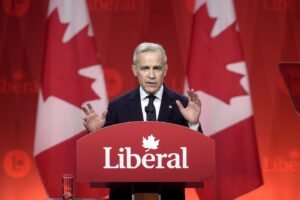The Supreme Court announced its ruling on the constitutional legality of the abrogation of Article 370, which had provided special status to Jammu and Kashmir. The ruling is highly awaited as it will examine whether the Presidential Order of August 5, 2019. It was legally and constitutionally valid.
The decision will be rendered by a five-judge Constitution Bench that includes Chief Justice DY Chandrachud. And Justices Sanjay Kishan Kaul, Sanjiv Khanna, BR Gavai, and Surya Kant. A number of petitions that have contested the Center’s decision to rescind Article 370 must be decided by this bench.
After extensive hearings that took place over 16 days. The Supreme Court decided to hold off on rendering a decision until September 5, 2023. After deliberating for almost three months, the court is now prepared to make its ruling public. At 10:30 am, the ruling was announced, ushering in an important chapter in the legal and political history of India.
Petitioner’s Argument on Article 370
“Article 370 was a temporary provision that became permanent”: According to the petitioners, any modifications to this required the dissolution of the Constituent Assembly in 1957. Which is when it became permanent.
“Centre abrogated Article 370 and assumed the role of the Constituent Assembly”: The argument is that this should not have been repealed by the Centre taking over the responsibilities of the Constituent Assembly.

“No concurrence from the state government”: One of the main issues is that the state government did not concur with the president during his administration.
“Governor’s role”: Concerns were indeed voiced over the governor’s ability to call for the dissolution of the legislative assembly without consulting the Council of Ministers.
“End does not however justify the means”: According to the petitioners, Article 370 could not have been abolished using constitutionally legitimate means.
Center’s Argument on Article 370
“Due process was followed; no law was broken,” the Centre maintains that all constitutional processes were adhered to.
“No constitutional fraud”: The administration however denies any “constitutional fraud” claims pertaining to the abrogation procedure.
“The president has the power under the constitution”: According to the Centre, the president can change the constitution to include Jammu & Kashmir in consultation with the state administration.

“Article 370 might have had disastrous consequences.” The Centre discusses the possible drawbacks of keeping it in place.
“Merger was indeed necessary for complete integration”: The Centre highlights that Jammu and Kashmir’s full integration into India requires a merger.
“It was not permanent”: The administration emphasizes that Article 370 is just transitory.
The Five-Judge Constitution Bench’s Questions
- Has Article 370 been incorporated into the Constitution as a permanent provision?
- Should it become a permanent provision, or can Parliament change it?
- Does Parliament however have limited authority to pass laws pertaining to items on the State List?
- How long is the Union Territory allowed to last?
- Without a Constituent Assembly, who can advocate for the repeal of this?
Who Appeared for the Petitioners?

The petitioners were indeed represented by Gopal Subramanium, Rajeev Dhawan, Dushyant Dave, Gopal Sankaranarayanan, Zafar Shah, and Kapil Sibal.
Who Appeared for the Centre for Article 370?
Attorney General R Venkataramani, Solicitor General Tushar Mehta, Harish Salve. Rakesh Dwivedi, and V Giri, however on the other side, represented the Centre.












Be First to Comment